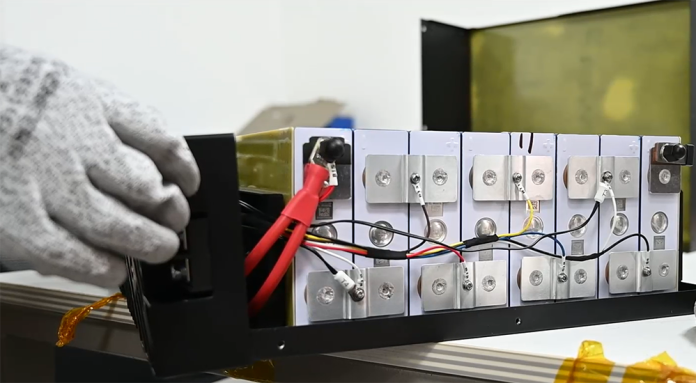As telecom networks evolve to support the next wave of digital transformation, the reliability of their power infrastructure has emerged as a critical strategic differentiator. Across global markets, the shift toward lithium-based battery solutions is reshaping how operators approach energy efficiency, site resilience, and sustainability. Yet, this transformation brings with it a new frontier of risk – battery safety.
Recognizing the strategic implications of this shift, Zong has taken a leadership role in Pakistan in advancing lithium battery safety and quality assurance frameworks that meet both operational demands and long-term sustainability goals.

The Global Imperative for Battery Safety
Lithium batteries have rapidly become the preferred choice for telecom power systems, offering superior energy density, longer life cycles, and lower maintenance. However, their deployment in environments characterized by high temperatures, humidity, and inconsistent power supply, such as Pakistan, underscores the importance of rigorous safety validation.
Earlier this year, the International Telecommunication Union (ITU) released its White Paper on Lithium Batteries for Telecom Sites, urging industry-wide attention to issues like thermal management, cell integrity, and recycling standards. Many countries have since established national lithium safety standards as a prerequisite for network certification, signaling that power system reliability is now an executive-level governance concern, not just a technical one.

Zong’s Leadership in Localizing Global Standards
In alignment with this global movement, Zong has invested in research and testing of power systems and lithium battery performance under local conditions. Earlier in October, Zong conducted a comprehensive safety testing session in collaboration with the Islamic University Laboratory, engaging industry experts and key suppliers in on-site evaluations and technical exchanges.
The initiative focused on one of the most critical challenges in lithium cell chemistry, dendritic lithium formation, a microscopic defect that can breach internal separators and trigger thermal runaway. Zong’s teams employed vacuum and moisture-free testing equipment to perform sampling and lithium deposition analysis, ensuring that battery systems deployed across its network adhere to the highest standards of safety and reliability.

Building Resilience Through Governance and Standards
Zong’s ongoing research and operational practices reflect a broader strategic philosophy: network reliability begins at the cell level. By integrating quality assurance, data-driven testing, and supplier governance into its power systems management, the company is redefining what responsible telecom infrastructure looks like in emerging markets.
The company also continues to advocate for industry-wide lithium battery standards across Pakistan’s telecom ecosystem. Establishing such benchmarks, Zong argues, is not only a matter of operational safety but also a foundation for energy efficiency, environmental responsibility, and digital resilience.
As the telecom industry moves toward decarbonized and intelligent networks, battery safety is becoming the new frontier of network excellence. Zong’s leadership in this space demonstrates how local adaptation of global best practices can strengthen national digital infrastructure, reduce operational risks, and build public trust in next-generation connectivity.
By prioritizing safety as a strategic pillar of innovation, Zong is not just powering Pakistan’s networks, it is setting the operational standards for the region’s digital future.


